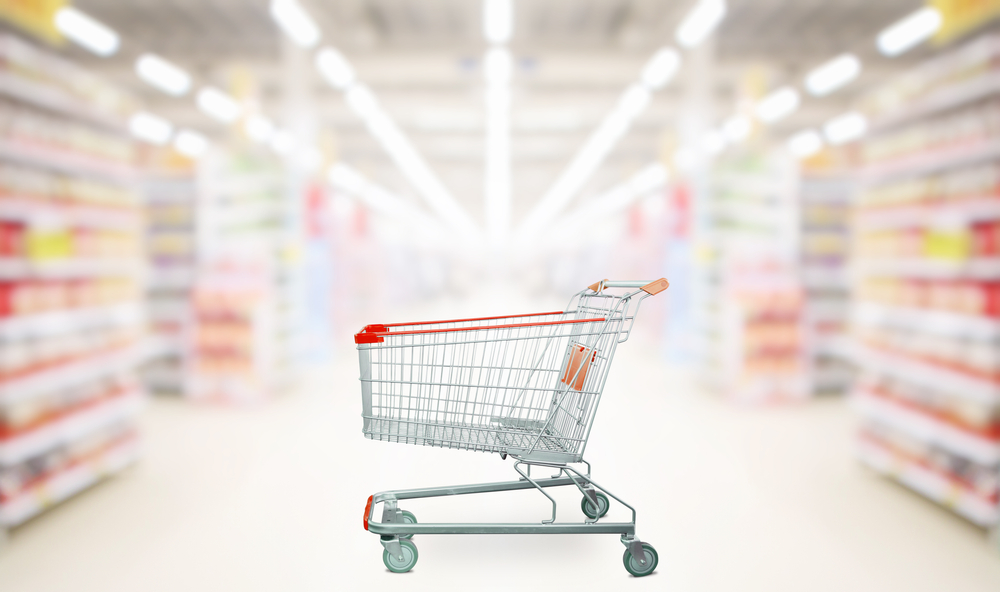Household Bills
Food inflation falls as MPs grill supermarket chiefs about price hikes

As MPs question supermarket bosses over food price inflation where they have had to deny accusations of profiteering, there is some breathing space as food inflation decelerated in June.
Research carried out by the British Retail Consortium found that food inflation between 1 and 7 June stood at 14.6%.
While the figure is high, it’s a fall from the 15.4% figure from the same survey for May, and its also down for the second consecutive month. The latest food inflation figure is also a fall from the three-month average of 15.2%.
There are signs that fresh food inflation is falling significantly, as it was down by 1.5% month-on-month to 15.7% from May to June.
Ambient food inflation saw only a slight fall to 13% in June from 13.1% in May, which matched its three-month average rate of price hikes.
Overall, shop price inflation declined to 8.4% in June compared to 9% in May, below the three month average of 8.7%.
Myron Jobson, senior personal finance analyst for interactive investor explained why food prices are falling: “Businesses have benefited from a reduced cost burden from lower gas and electricity prices which is feeding into lower food inflation. Recent weeks has seen supermarkets cut the price of basics. But we’re not out of the woods yet.”
Survey findings welcome
Helen Dickinson, OBE, Chief Executive of the British Retail Consortium, said: “Households up and down the country will welcome the easing of shop price inflation in June.
“Food inflation slowed for the second consecutive month, particularly for fresh products, as retailers cut the price of many staples including milk, cheese and eggs.
“However, it is imperative that Government does not hamper this progress by introducing costly new policies. Reforms to the packaging Levy (Extended Producer Responsibility) and a new deposit return scheme, could create an additional £4bn burden on retailers and their customers.
“Along with a rise in business rates, and the introduction of border controls in October, these policies could hinder the Government’s efforts to combat inflation.”
Mental health effected by rising food prices
Meanwhile, research from consumer group Which? found that the soaring price of food in recent times was having a detrimental effect on people’s mental health.
One in four of those asked said that the rising prices had caused their mental health to worsen, where it had a negative impact on sleep, diet and overall physical health.
The price of the weekly shop is now set to replace energy bills as the main worry for households, according to the group’s most recent consumer insight tracker.